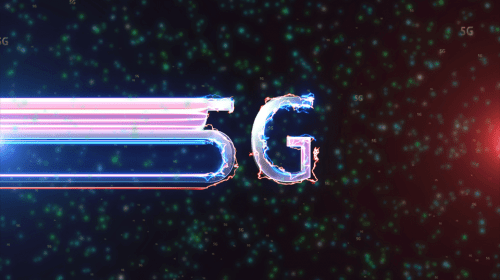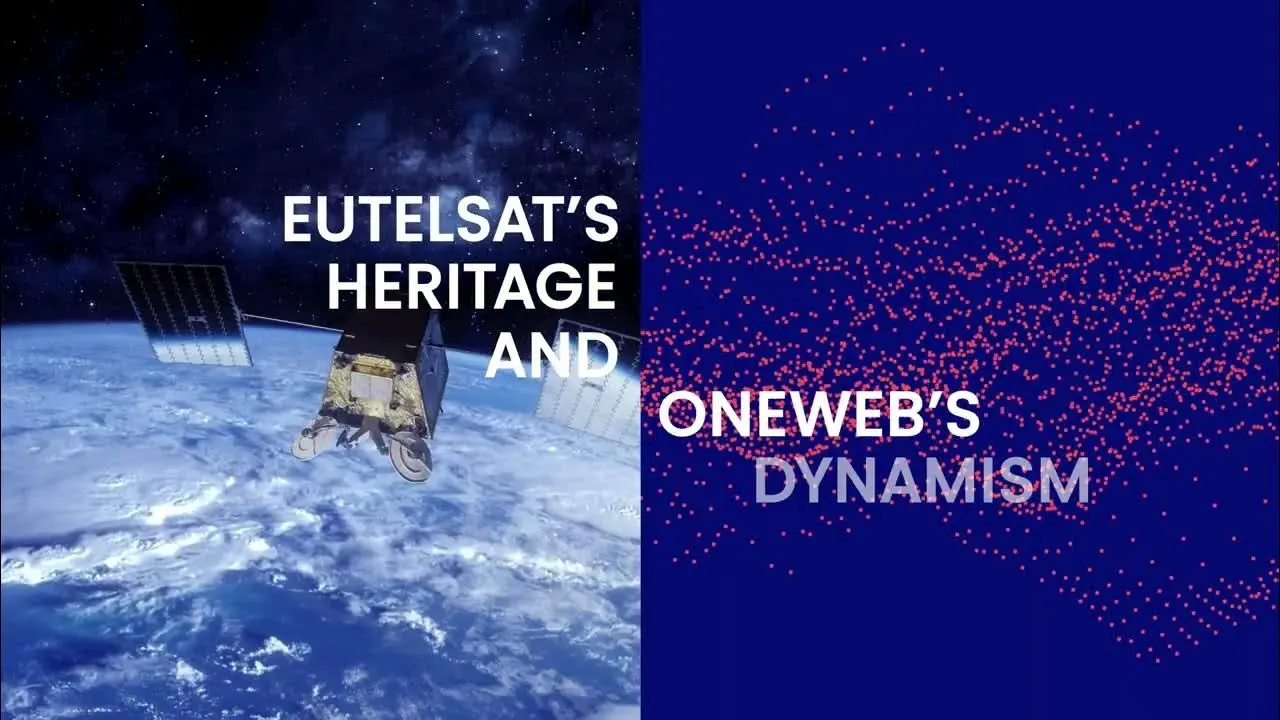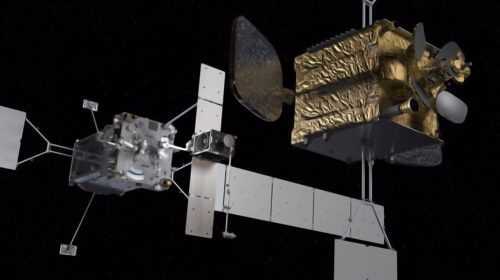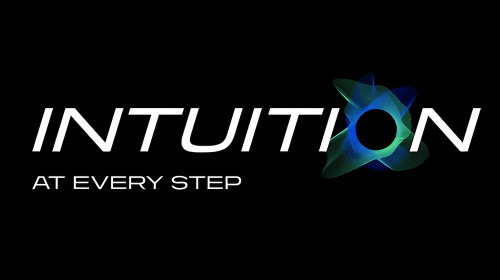How will Fallacher impact Eutelsat’s future?
May 22, 2025
In a significant leadership change that has electrified market confidence, French satellite operator Eutelsat announced that telecoms veteran Jean-François Fallacher will take over as CEO effective June 1, replacing Eva Berneke, who has led the company since 2022. The announcement sent Eutelsat shares soaring nearly 13% in trading on May 5, reflecting investor optimism about the strategic implications of bringing Orange France’s current chief executive into the satellite operator’s top position.
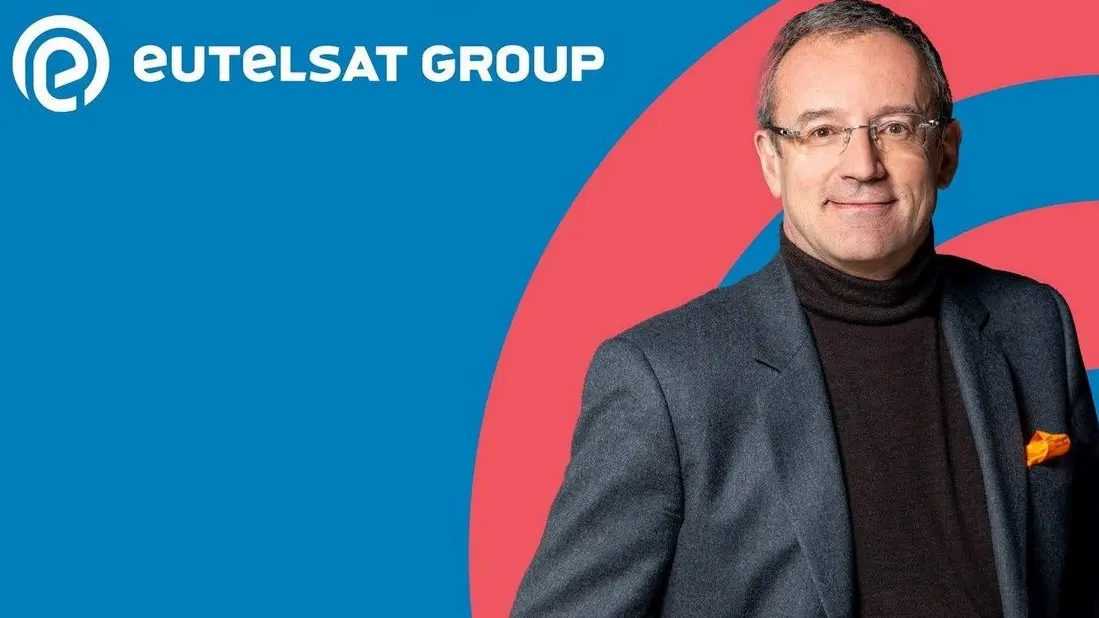 Jean-François Fallacher. Credit:Eutelsat
Jean-François Fallacher. Credit:Eutelsat
Fallacher’s appointment comes at a critical juncture for Eutelsat, which is balancing substantial capital needs for its OneWeb low Earth orbit (LEO) constellation while playing a central role in Europe’s ambitious IRIS² sovereign broadband initiative. His extensive telecommunications experience positions him as an ideal bridge between traditional satellite operations and the increasingly convergent connectivity landscape that blends terrestrial and space-based networks.
Fallacher will arrive at a crucial time for European space, as the sector works to become independent of U.S. operators like SpaceX’s Starlink due to rising geopolitical tensions. Fallacher said he was “excited to be joining Eutelsat at such a pivotal moment,” noting that “today, with so much happening in geopolitics, satellite networks play a crucial role in сonnectivity.” The timing matters because Eutelsat is currently co-leading the European Union’s IRIS² constellation project with SES and Hispasat and Orange, where Fallacher works, is a major subcontractor for the project. The €6 billion project is Europe’s response to Starlink and aims to launch 290 satellites by 2031, with Eutelsat investing about €2 billion.
During this transition period, Eutelsat is going through a change from being a geostationary satellite operator to working in multiple orbits, thanks to the acquisition of OneWeb under Berneke. Although all 633 satellites have been deployed, the company’s plan for worldwide service in 2024 has been put on hold due to ground infrastructure issues. In addition, Eutelsat has to invest around €2.2 billion to maintain the OneWeb constellation, since it has already ordered the first group of 100 follow-up satellites in December. Because the company needs both cash and new strategies, Fallacher’s role becomes even more important as it tries to juggle regular income with serious investment needs.
The stock market response to the new leadership has been overwhelmingly positive and Eutelsat shares have risen to €4.5 in Paris, up 98% from the start of the year—yet still below the €7.84 reached in March due to the announcement of extra satellite support for Ukraine. Eutelsat appears ready for a big shift under Fallacher, as Berneke indicates in her LinkedIn post that the company will be aligned with a Europe that plays a major role in space and telecom. As Eutelsat prepares to release its quarterly earnings on May 15, people will be paying attention to news about its ground infrastructure and future plans under its new leadership, especially since SES is moving ahead with plans to buy Intelsat to support its satellite services in Europe. This leadership transition could lead to enhanced capabilities and stronger partnerships, ultimately benefiting the entire European satellite industry in innovative ways.

